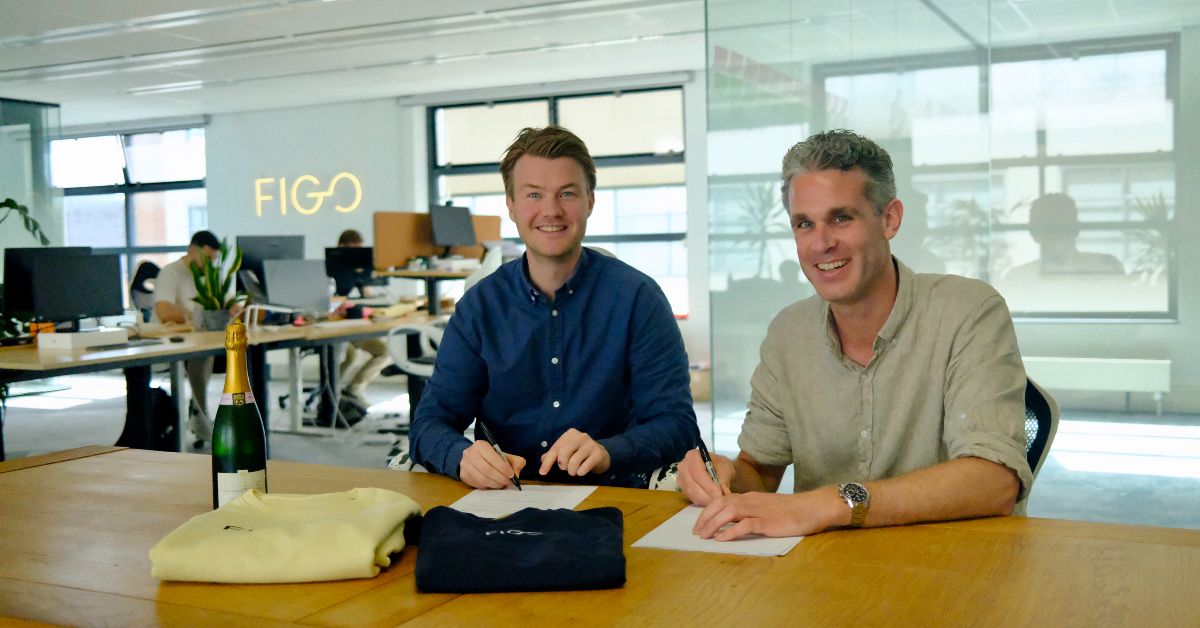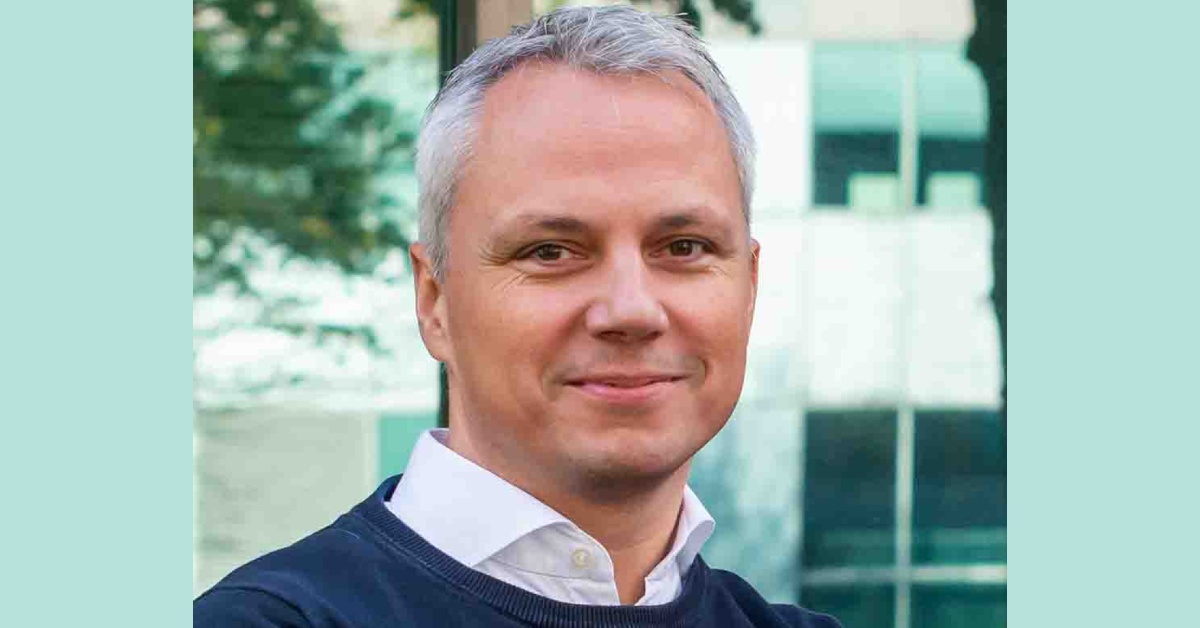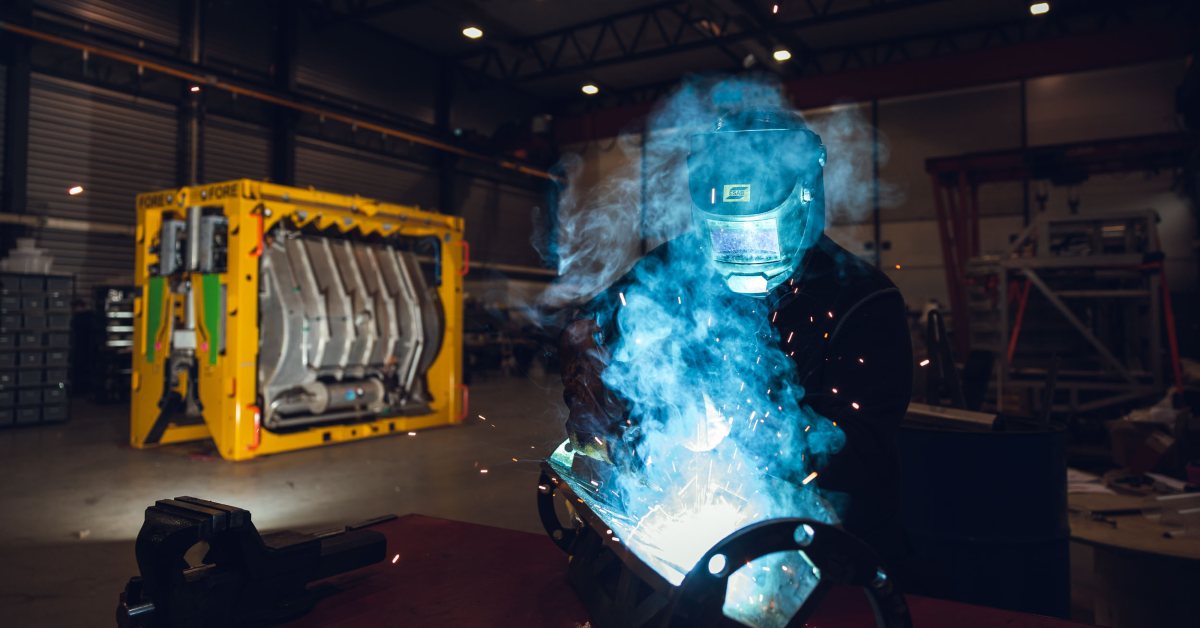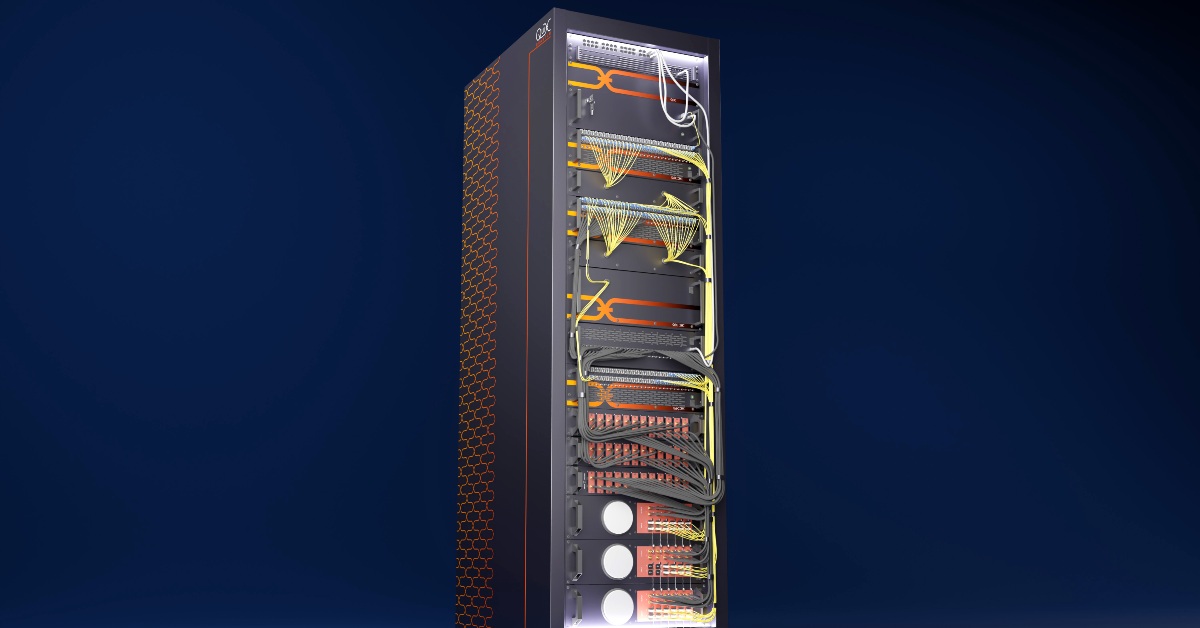Dutch startup Active Cues, one of the top prize winners of EIT Digital Challenge 2018 has developed new interactive games for adults and children with a learning disability.
A little box named “Tovertafel” can be mounted on the ceiling above the dinner table of daycare or care home. Inside the box, there’s a high-quality projector, infrared sensors, speakers and a processor that work together to project games on the table, detect movements and respond to them. For instance, they can detonate paint balloons or UFOs. The game mainly serves to improve the social skills of people with dementia, and other mental disabilities.
Founded in 2014 by co-founders Sjoerd Wennekes and Mathijs Konings, the Dutch scaleup won €100,000 at the EIT Digital Challenge awards, which is €50,000 in cash and €50,000 in the form of support for further growth. “It’s amazing! We were surrounded by extremely amazing companies and we are humbled to be amongst them,” says Sjoerd Wennekes, co-founder and owner, Active Cues.
“We did not expect to win at all. Our Tovertafel was a bit of stranger amongst the competitors. They are much more focused on deep tech services in health care; we orient more on innovations in human welfare. Lucky for us, the jury was impressed by how we focus on improving the quality of life of people suffering from dementia. Winning the EIT Digital Challenge is a true confirmation that we are heading in the right direction.”
How did it all start?
“It all started with a PhD research about using gaming technology to stimulate elderly people with severe dementia at the Delft University of Technology (TU Delft) and Vrije Universiteit Amsterdam (VU University) in Amsterdam. We were actually running a game development studio when we received a call from TU Delft, informing us about the PhD program. They offered us to join the program since they were looking for a game development studio.
We joined the program and immediately got in contact with the main researcher. We teamed up with her and for four years, we assisted games, developed prototypes and made various iterations. Then we had developed the working prototype, and tested it with people with severe dementia. These people would normally sit still in their chair, they can’t do anything. Our product triggered them to respond to the games,” says Wennekes.
“One of the caretakers told us what we were doing was amazing. That was when we knew, it was much more than what we anticipated and we need to bring this to the world,” adds Mathijs Konings, co-founder of Active Cues.
What do you expect from EIT Digital?
“Now we operate in the Netherlands, Belgium, France, Germany, Sweden and the UK and we expect from the EIT Digital Accelerator to support us in establishing our position in Europe. What we actually need is the help to open doors and make sure the care institutions in each market use our Tovertafel. We need EIT Digital Accelerator to help us with that,” says Wennekes.
What has being a finalist already given to you so far?
We got a lot of homework, which in turn changed our thinking process on a larger level. Our thought process has definitely changed and now we are sketching out a plan to access various markets. This helps us in getting our product quicker to all these markets and grow our business.
What is your vision ahead?
“We want to create more moments of happiness and help the specific target group to overcome social isolation and combat indifference. Also, we’re in talks for raising funds which might happen very soon. The company is planning to scale up fast and dive into new business models based on solutions and hardware products,” says Wennekes.
What are your ambitions for the coming years?
“We already started working with EIT Digital Accelerator and are very happy with the support. They will help us connect to European investors and grow our current markets and further look towards new markets. Now we are planning to expand for short-term into two more countries – Norway and Switzerland. Apart from Europe, we might also expand in countries like Canada, the United States, Australia and Japan around next year. In fact, we are getting a lot of requests from care homes from these countries, so we are looking at possibilities on how can we make it happen. Recently we even got featured in BBC World, the official video of our company has already had millions of views,” says Wennekes.
“While we have games for people with severe learning disabilities and mental disabilities, we just launched the third version especially for children with cognitive disability, for example, autism,” adds Konings.
This article is produced in a collaboration with EIT Digital. Read more about our partnering opportunities.










01
From telecom veteran to Dutch Startup Visa success: The Jignesh Dave story